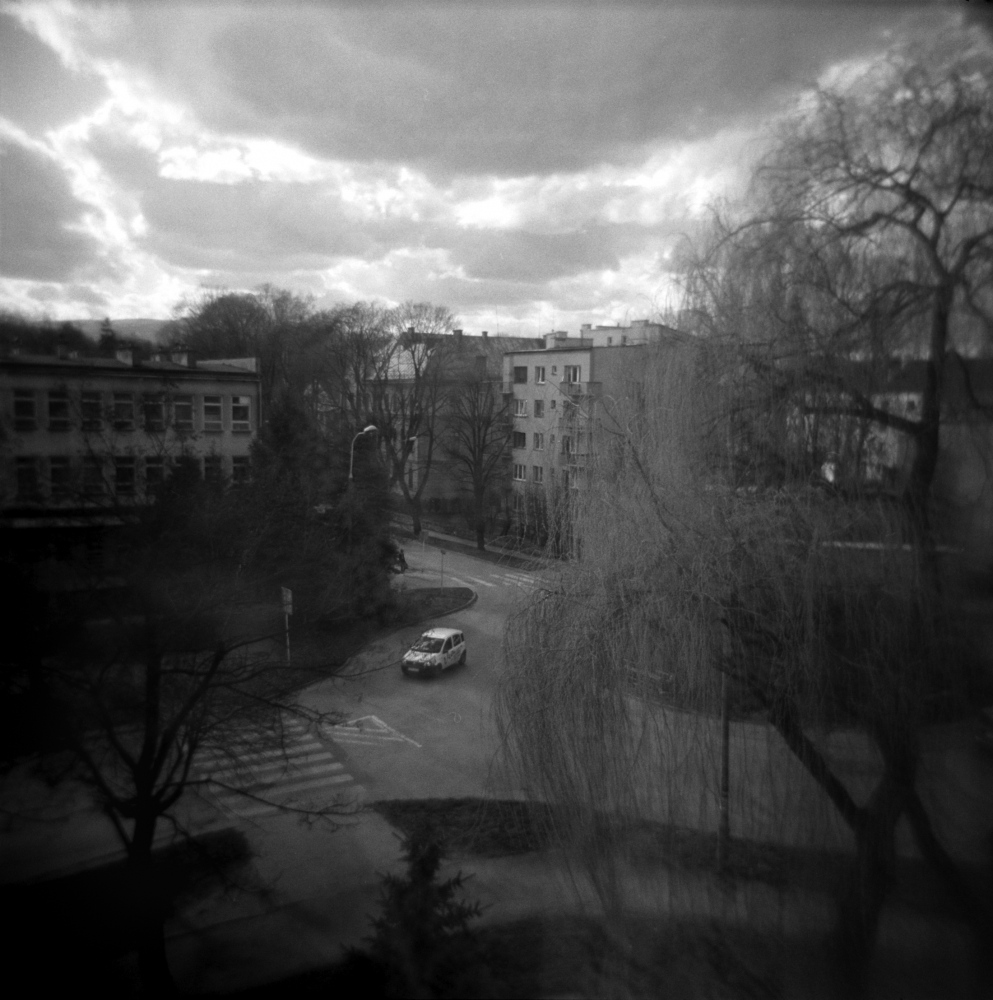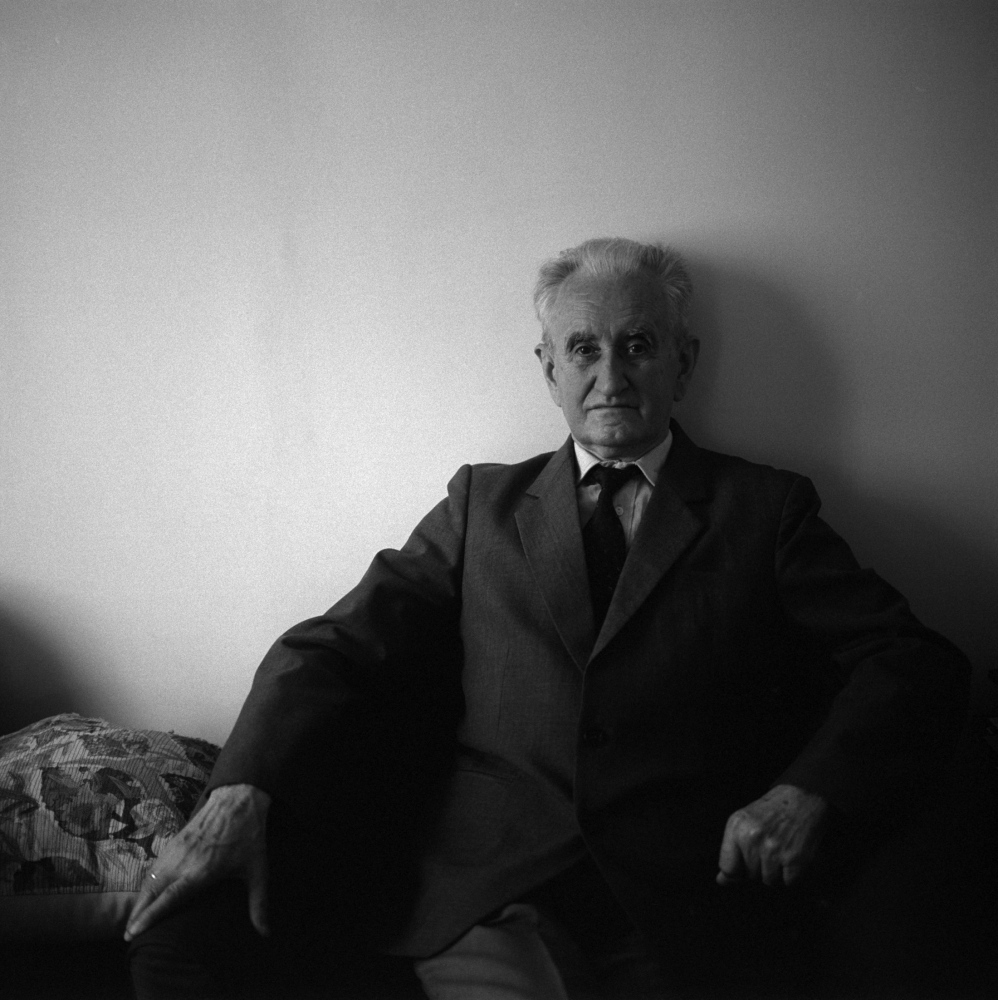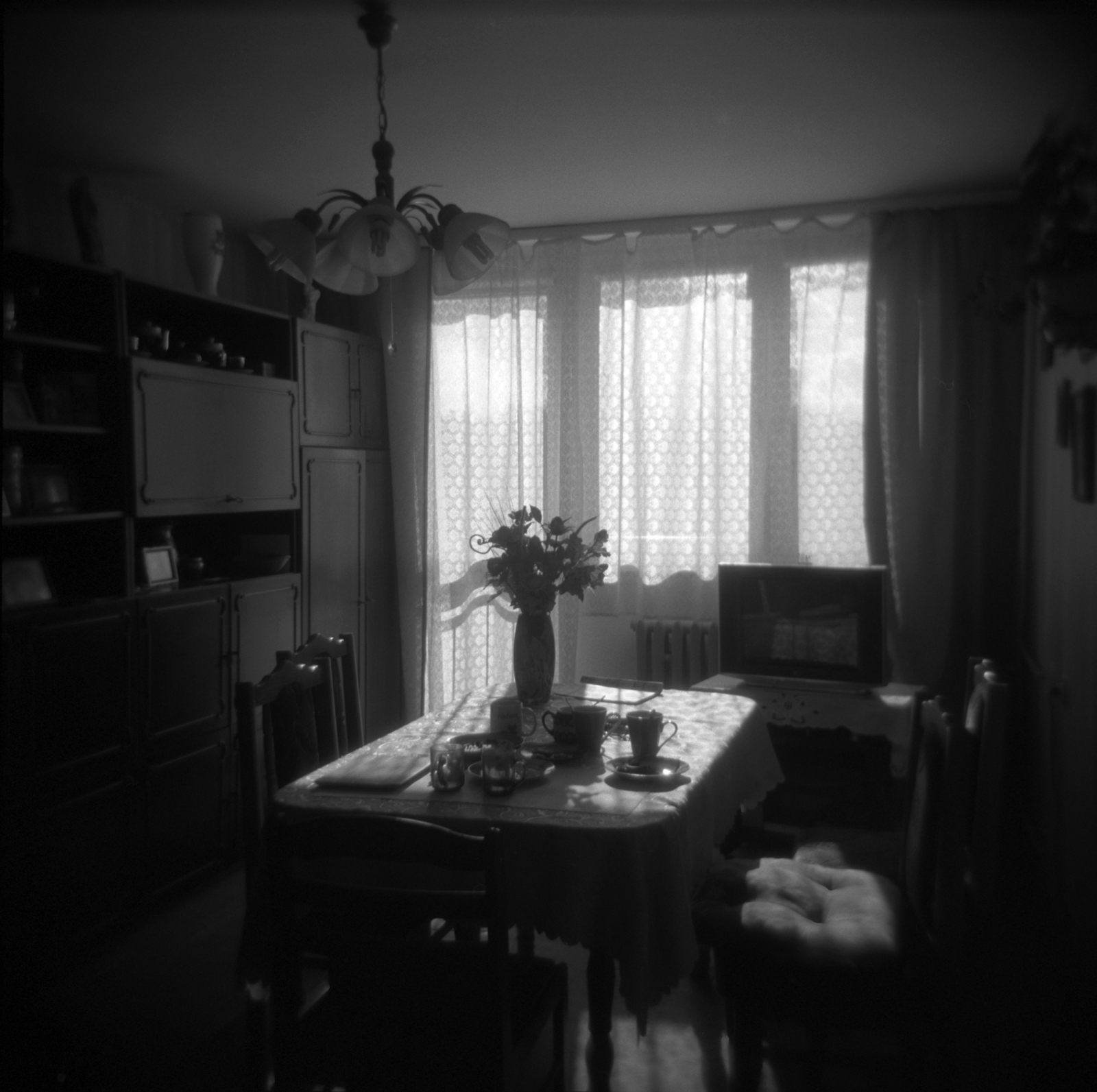Public Project
Poland
In Poland, since the ultra conservative Law and Justice party swept into power in 2015, the climate has been tense and the nation is increasingly divided politically.
The government antidemocratic drift causes concern: purge of public media, army, and public function, limitation of civic rights, reform of the education system and rewriting of history books, measures intended to exert more control of the judiciary, anti migrant and anti European policies.
The country sees a deep and widening political divide between rural areas and small towns, who largely support the governing Law and Justice party, and larger cities and intellectual elites, who mostly oppose the government.
Much of the support to the governing party has been built on populist and patriotic themes, placing as much importance on shaping memories of the past as building for the future. Poland’s tragic history, along with the need to overcome centuries of occupation and stand up to outsiders, remains an important part of the PiS appeal.
In the countryside people live on farms, work the fields, go to church every Sunday. It is not an easy life.
Law and Justice established a $148 monthly stipend for families with children, has provided new housing subsidies, and reversed a decision to raise the age of retirement. Unemployment is low. The economic factor is more important to those who struggle to make ends meet.
On the other hand, in big cities, thousands of demonstrators have regularly filled the streets to protest.
Poland was wiped off the map for more than a century. It owes its independence to the Poles resilience and their relentless efforts. The country now has to worry about its democratic future and face its transformation into an authoritarian regime, in a climate where official speeches incite violence and dehumanization.
2012-ongoing
3,130















































